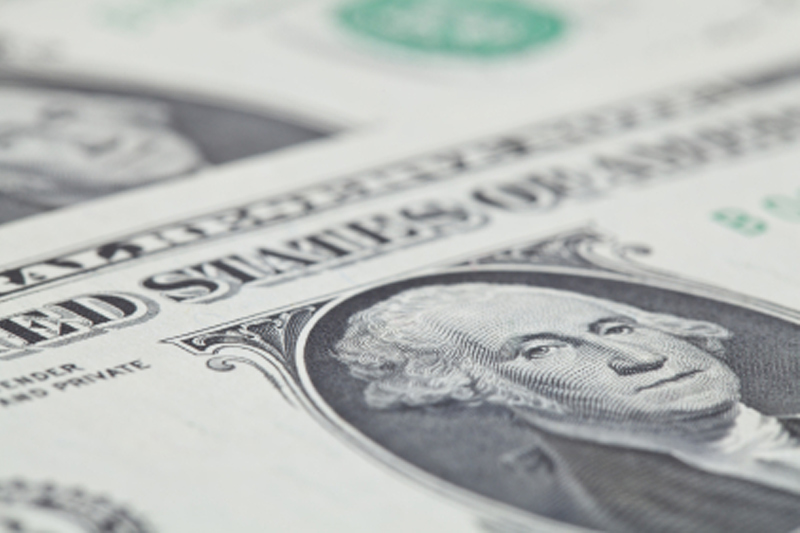USD strength does not necessarily make dollar a buy, UBS says
Investing.com -- The US dollar has surged to two-year highs following the recent US presidential election, reversing from its prior lows just two months ago.
While the current strength of the greenback appears robust and market conditions remain favorable, strategists at UBS caution that it may not present a compelling buy opportunity for investors.
The rapid rebound of the dollar has been driven by stronger US economic data compared to other regions and heightened concerns over global growth. The dollar’s trajectory was further bolstered by the re-election of Donald Trump, which reduced the likelihood of significant US rate cuts.
This, coupled with global GDP growth uncertainty, US tariff threats, and US yields staying “higher for longer,” implies that the currency’s strength may persist heading into 2025. However, “it does not necessarily make the dollar a buy,” UBS strategists led by Dominic Schnider said.
The dollar has experienced a 6% rebound in the US Dollar Index from its September low, a move equivalent to approximately one standard deviation. Strategists highlight that much of the positive news supporting the dollar appears to have already been factored into the market. As a result, they advise against pursuing further dollar strength at this stage.
The team also points to the limited sustainability of the dollar's current valuation, citing its “extraordinarily rich valuation in trade-weighted terms.”
“This makes the USD a sell for us on any additional spikes, in our view, rather than adding to long positions. Put differently, we see value in a contrarian bias for most currency pairs,” strategists said.
In this context, the bank advocates for contrarian strategies, favoring currencies like the Japanese yen and Australian dollar , which could benefit from diverging monetary policies. Within Europe, the British pound emerges as UBS’s top pick, supported by better UK growth prospects and higher yields.
Emerging market currencies also offer select opportunities. UBS identifies the South African rand , Indian rupee , and Indonesian rupiah as attractive for total returns, although trade risks remain a factor for export-oriented currencies like the Mexican peso and Canadian dollar .
Looking ahead, UBS foresees a 6% decline in the broad DXY over the medium term, driven by easing US yields and the diminishing benefits of Trump’s initial economic policies.
Source: Investing.com
